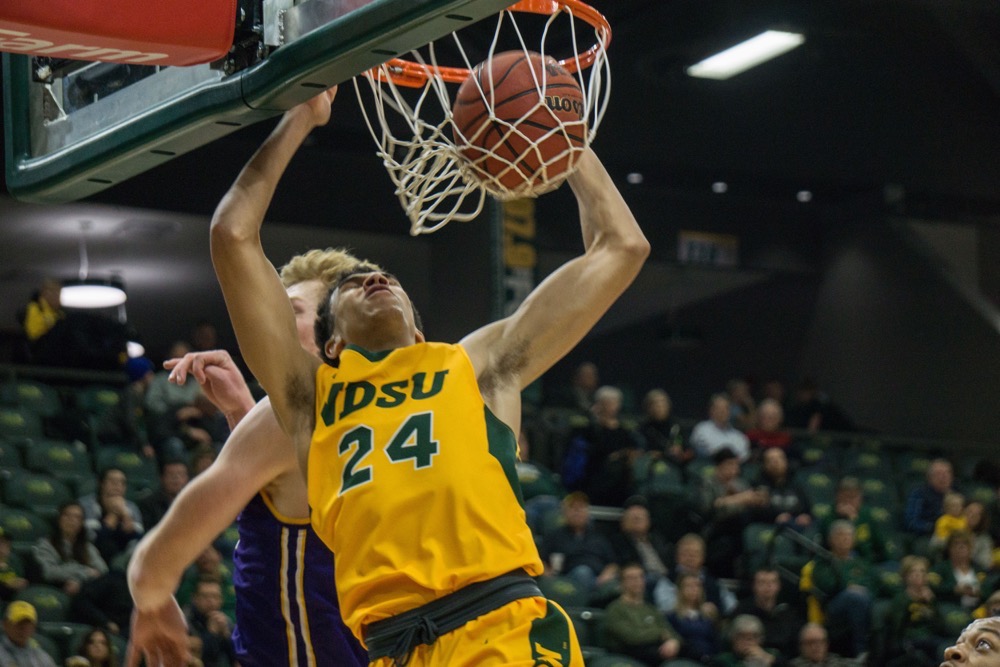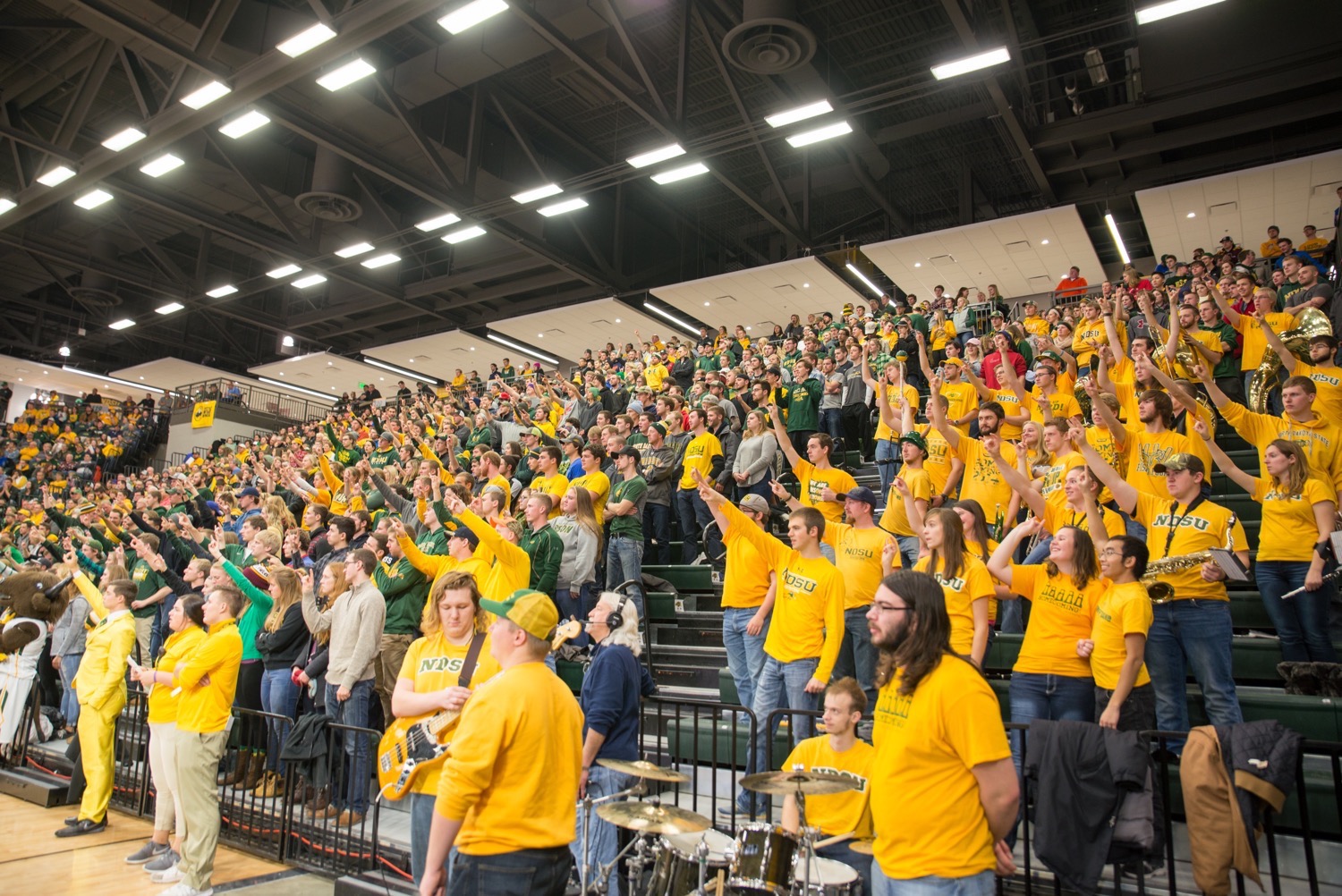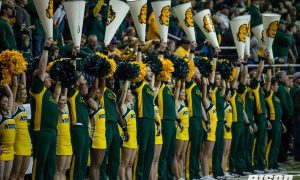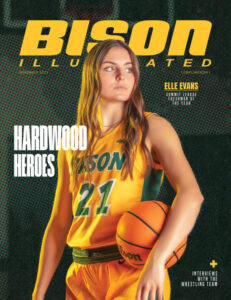Photos by Joe Kerlin
There was a time before we had the power of every library in the world and the entirety of knowledge that exists in human history – before that, even – at our instant disposal with the touch of a fingertip on our smartphones. Was that a good thing? Sometimes, I think yes, emphatically yes. You need look no further than the stands at any sporting event to see fans, even those sitting right behind the home team’s bench, with their heads collectively buried in a bevy of screens mindlessly scrolling through Facebook, Twitter or whatever else. Forget the fact they paid money to attend the athletic event that they’re impatiently waiting for to get over. Similarly, the next time you’re at lunch, or sitting at an important work meeting, steal a quick glance around the room to see who’s actually engaged in conversation versus who’s busy flipping through the gigabytes of irrelevant yet highly pressing, can’t-wait information.
In May 1844, members of Congress weren’t burdened with smartphones, let alone any phones, as they sat around an American inventor, Samuel F.B.Morse (of Morse code fame), in the United States Capitol Building in Washington, D.C. Morse sat at the ready, his fingertips poised on a metallic key, clacking via, you guessed it, Morse code, the first telegraph message in human history. The message reverberated through that single metal key, sparked by electricity across a set of wires, strung to Baltimore, Maryland, where his friend, Alfred Vail was waiting. It was as revolutionary as the first e-mail or text message, maybe more so, as Morse pounded out the symbolic message, “What Hath God Wrought,” a question taken from the Bible’s, Numbers 23:23.
“Digital has changed the way we consume sports – but, in this specific case, not for the better.”
Nearly 175 years after Morse’s revolutionary clacking to Vail, I sat in bed on a Tuesday night in late February, thousands of mile removed from Washington, D.C., in Fargo, N.D., with the thermometer well below zero, watching a college basketball game on ESPN. I was paging through Tom Hanks new book, “Uncommon Type,” a collection of short stories. Maybe it’s because I was feeling nostalgic, and lamenting, from reading about the death of the printing press and an old AP newspaperman, Al Simmonds and his Murphy bed-esque Continental typewriter, in Hanks’ story, “The Elephant in the Room.” I peered up from the pages in time to see the cameraman pan to the student section in a hotly contested game with major NCAA Tournament implications. There sat the future of America, not unlike their adult counterparts, heads buried in their smartphones. My head about exploded.

Another flashback to nostalgia, “I learned it from watching you!”, as went the famous 1980s “Just Say No” commercial. I get the irony that my face was buried in a book and I’m complaining about smartphones. Maybe in 1844, Morse and his contemporaries were busy starring into their kerosene lamps. But that omnipresent device that makes us literally feel naked when we leave it at home, or even on the kitchen counter out of arm’s reach, struck a nerve that night. Looking into that student section at a major Southeastern Athletic Conference game, with brackets threatening to be busted, students who cared enough to dress up as bananas, gorillas, waffles and other home-made creations, were more interested in their smartphones than the game being played only a few feet away. I was frustrated. A book with the same title as Morse’s first telegraph message sits on a bookshelf in the hallway outside our bedroom door. The first thing that popped into my mind was that telegraph that adorns the book’s cover, I knew its Genesis story, “What Hath God Wrought.”
I felt, and feel, like the proverbial old man yelling, “Get off my lawn, you darn kids!,” “Albums sound so much better than MP3s,” or, my wife’s personal favorite when I utter, “Back in my day … ” before finishing that quote with something like, “we polished a dirty 30 at 1023 before going to the BSA and watching college basketball! Now, that’s how it was done.” That’s the real madness, not some buzzer-beater in March that sends the Cinderella dancing into the next round. Yet, at some point, we’ve all been guilty of it – some more so than others, just ask my aforementioned wife. I’ve been at games and have admittedly found my eyes wandering towards the phone, maybe to text some co-workers some mundane observation of why our posts need to be more aggressive and then missed a monster dunk or key three-pointer. Then, to add to the madness, I quickly hit the Twitter icon to see if Midco Sports Network has the video replay of the play I missed posted, consciously and blissfully oblivious to the fact I might miss the next play, all the while thinking, I wonder what the weather’s going to be like this week, I better check the Weather Channel™ app.
I love digital media. That sort of access to knowledge is a game changer for leveling the playing field, particularly in places like rural America. It isn’t going anywhere, as much as we may lament the elephant in the room and the death of the printing press. Outside of family and friends, few things bring me greater personal joy than sitting with a piping hot cup of coffee on a Saturday morning and leisurely paging through an actual newspaper, the paper copy, the feel of the pages between my fingers and flipping to the jump in a story. Digital has changed the way we consume sports – but, in this specific case, not for the better. Teams, college and professional, worry about having high-speed Wi-Fi at games. Wi-Fi, more like Wtf-Fi. Why do you, why do we, need high-speed Wi-Fi at games? Aren’t we missing, you know, the actual game if we’re Wi-Fi’d up? For the Super Bowl, US Bank Stadium in Minneapolis had routers around and under every nook, bend and cranny to enhance the Wi-Fi experience. At the Super Bowl. Sports Illustrated used to run a short called, “Signs of the Apocalypse.” Why would you need Wi-Fi as a fan at the Super Bowl, the biggest sporting event in the world? I ask you, What Hath God Wrought.
We are losing something because of that. I can’t pinpoint it, but I can feel it. I can feel it like those pulses of electricity that passed through Morse’s telegraph wires, every time I see an entire student section – and the adults surrounding them – glued to their phones instead of the action. I’ve resolved to personally do better. This March, and beyond, I’ll do something as revolutionary as Morse’s iconic message. I’ll put the phone down. Amen. Everybody up for the tip-off, the March is on!










